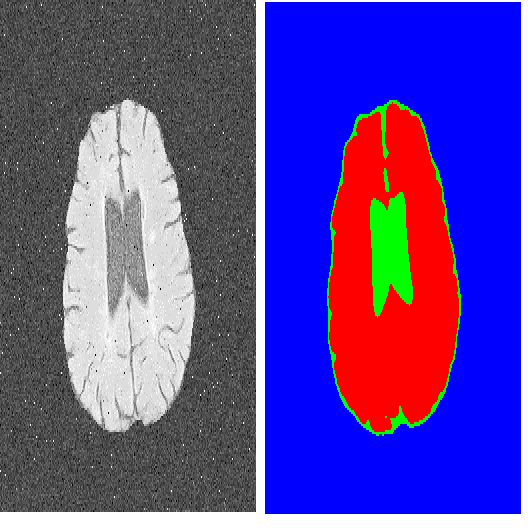Supervised deep learning needs a large amount of labeled data to achieve high performance. However, in medical imaging analysis, each site may only have a limited amount of data and labels, which makes learning ineffective. Federated learning (FL) can learn a shared model from decentralized data. But traditional FL requires fully-labeled data for training, which is very expensive to obtain. Self-supervised contrastive learning (CL) can learn from unlabeled data for pre-training, followed by fine-tuning with limited annotations. However, when adopting CL in FL, the limited data diversity on each site makes federated contrastive learning (FCL) ineffective. In this work, we propose two federated self-supervised learning frameworks for volumetric medical image segmentation with limited annotations. The first one features high accuracy and fits high-performance servers with high-speed connections. The second one features lower communication costs, suitable for mobile devices. In the first framework, features are exchanged during FCL to provide diverse contrastive data to each site for effective local CL while keeping raw data private. Global structural matching aligns local and remote features for a unified feature space among different sites. In the second framework, to reduce the communication cost for feature exchanging, we propose an optimized method FCLOpt that does not rely on negative samples. To reduce the communications of model download, we propose the predictive target network update (PTNU) that predicts the parameters of the target network. Based on PTNU, we propose the distance prediction (DP) to remove most of the uploads of the target network. Experiments on a cardiac MRI dataset show the proposed two frameworks substantially improve the segmentation and generalization performance compared with state-of-the-art techniques.
翻译:在医学成像分析中,每个站点的数据多样性有限,只能导致远距对比学习(FCL)无效。在这项工作中,我们建议用两个自我监督的学习框架来进行体积医学图象分解。第一个站点具有高精度,适合高性能服务器,具有高速连接。第二个站点的通信成本较低,适合移动设备。在第一个框架中,FCL期间将各种功能进行交换,以便为每个站点提供不同的对比数据,以便有效地进行本地CL,同时保持原始数据私家化。全球结构匹配本地和远端的网络目标预测框架,我们提议将FLO的模型升级,我们提议在不同的站点之间采用最优化的网络模型。



